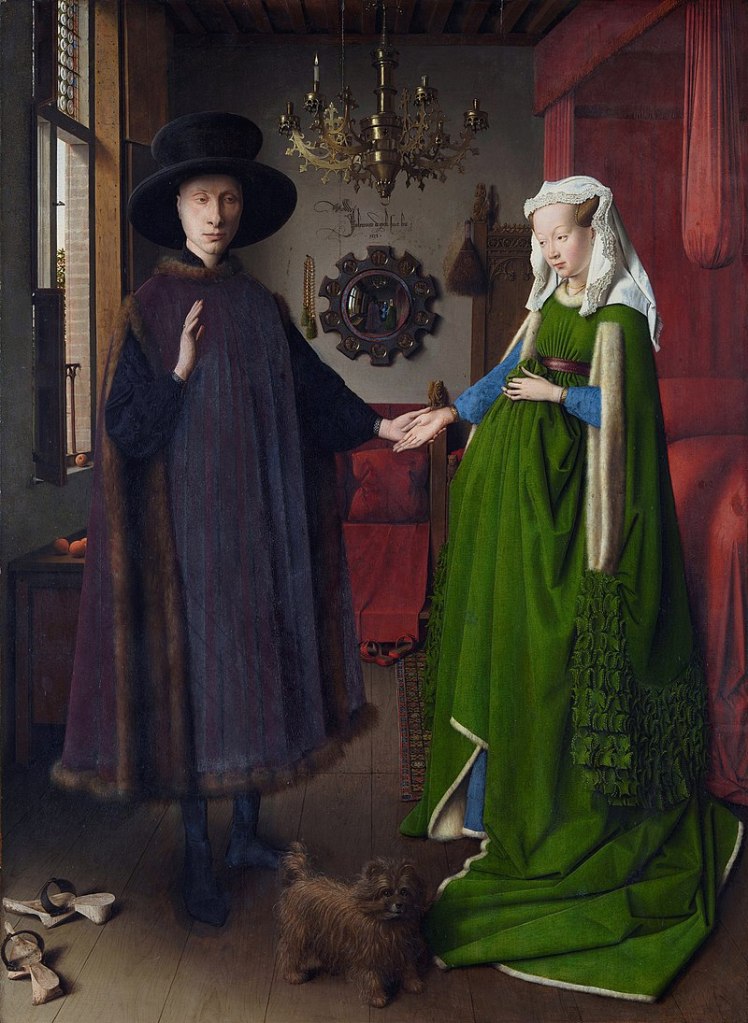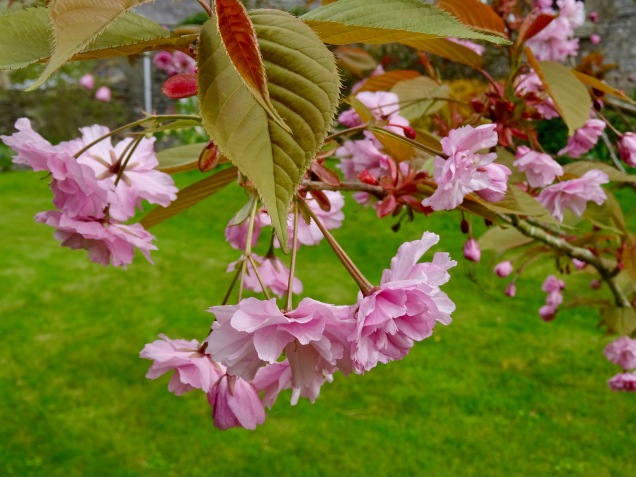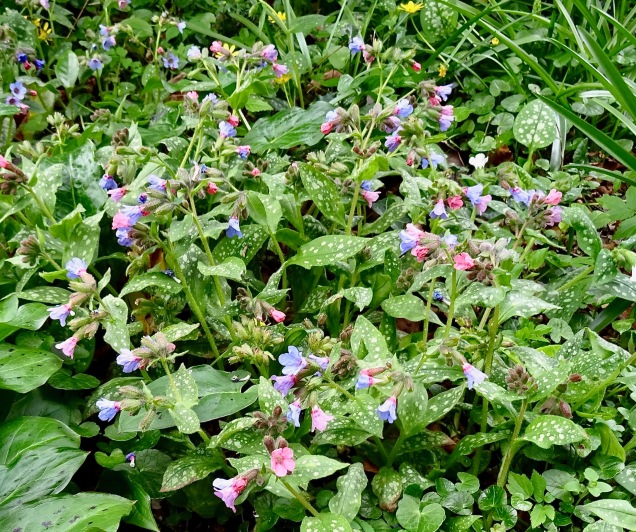I have sometimes thought, over the past eight months, that it might have been interesting, if I had thought about it at the start, to keep a diary during these exceptional times. But I didn’t – maybe an opportunity missed. Lockdown up till now has not been too bad for us. I consider myself to be very fortunate to have plenty of space in my home, and a large garden. We had a wonderful Spring and Summer, when I revelled in my close connection with my garden, and I didn’t find it at all difficult to find interesting discussions/lectures to follow online, and enjoyed the time I had for catching up on the reading that always seemed to be, prior to lockdown, on the back burner.
But today has not been a good day. We (here in the UK) are now in the second wave of Covid-19. My husband is a quadriplegic, so the first wave has simply merged with the second wave. We haven’t really been out of lockdown since March, apart from the very occasional, weather permitting, bike ride (my husband is a hand cyclist), and visits to doctors, dentists etc.
Today has not been a good day because it has been yet another day of rain and wind, made even worse because the clocks have changed, so the days are shorter, and it feels so much darker.
To be thoroughly self-indulgent, I thought I would record what a day in lockdown entails for me, in this personal, and therefore unique, context, at this particular time.
I got up at 6.00 am, hoping upon hope that the weather would somehow defeat the forecast and be good enough for the decorator to come and complete the painting of the outside of the house. Scaffolding went up in August so that we could have a much needed new roof (the first in more than 100 years), and it seems opportune to make good use of the scaffolding to have the outside of the house painted at the same time. But painting and wet weather don’t go together. The new roof was completed more than a month ago, but the painting is still weather dependent, and the scaffolding is still up, and the house is still dark as a result.
Given that my husband is a quadriplegic and needs 24/7 care, it takes a while to get up in our house, so it was 9.30 before getting up and breakfast was done. Clearly the decorator was not coming. It was throwing it down outside, but we are very dry inside, thanks to the new roof and chimneys.
I have found it very difficult to focus and settle to anything today. At 6.00 am I was on my computer following the BBC news – the terrible events in France, the drownings of migrants in the Channel, the further lockdowns and placing more areas in the UK in Tier 3 restrictions, and the ever anxiety-provoking American election. Please, please, please, Americans vote for Biden, although even then there is no guarantee that this would effect the change the world needs for future generations.
I have felt directionless all day. I started the day by answering emails, I am currently attending a course on ‘But is it art?’ which is considering philosophical theories of art and aesthetics. I replied to two emails from fellow participants. Are Egon Schiele’s self portraits art? What emotions do they evoke? Clive Bell’s theory of significant form tells us that art must evoke an emotional response. Should art evoke a feeling of awe, or a spiritual response? What does it say about me (or you) if it doesn’t, but does in everyone else in the course? Is there something universal about art or is it purely subjective? One of my correspondents felt really down today. Lockdown is particularly hard on those who live alone.
In the middle of this a district nurse arrived, complete with mask, visor, gloves, apron and hand sanitiser. Since the beginning of lockdown my husband has been ‘discovered’ by the system as being in particular need of ‘observation’ and care, being on the vulnerable end of the spectrum. This is when the NHS and care system in the UK are so impressive. Once they know about you, they can’t do enough. Today it was the delivery of a blow up mattress to prevent pressure sores. There have also been phone calls and emails today about various other aspects of care.
By lunchtime I knew that today was going to be a non-day for me, although my husband has been fully engaged marking assignments for the University and liaising on the phone with other markers and the health care team. Lunch is our main meal of the day, so that took up a bit of time, but after lunch I was back to feeling aimless.
I tried to read the next Chapter in Paulo Freire’s Pedagogy of Hope (Chapter 3). It was a toss up between Freire and Julian Jaynes’ The Origin of Consciousness in the Breakdown of the Bicameral Mind, but I decided on Freire. His is the next book to be discussed in the Philosophy of Education Network’s online reading group, but much as I appreciate Freire’s work, especially because, having lived in Brazil for seven years, it resonates on so many levels, I really cannot cope with paragraphs like this:
Although there can be no consciousness-raising (conscientização) without the unveiling, the revelation, of objective reality as the object of the cognition of the subjects involved in process of consciousness-raising, nevertheless that revelation—even granting that a new perception flow from the fact of a reality laying itself bare—is not yet enough to render the consciousness-raising authentic. Just as the gnoseological circle does not end with the step of the acquisition of existing knowledge, but proceeds to the phase of the creation of new knowledge, so neither may consciousness-raising come to a halt at the stage of the revelation of reality. Its authenticity is at hand only when the practice of the revelation of reality constitutes a dynamic and dialectical unity with the practice of transformation of reality.
Do people really speak like this? Did he really write like this, or is it a fault of the translation? Maybe other readers don’t find it a problem and it is my problem.
So I knew I didn’t have the necessary attention to apply to Freire today and fortunately I was distracted by a phone call from one of our sons, who is always entertaining. He was living with us from September 2019 to September of this year, but has necessarily moved on, and now we really miss him, so his call was a light in the day.
Then, after a bit of aimless wandering on the internet, I decided to do the ironing, which was only made bearable by listening to a Woman’s Hour podcast, which featured, among other things, discussion of Long Covid (which is one of the reasons I am doing everything I can to ensure that we are not infected), women and homelessness, and the US election (this is difficult to avoid at this time).
During this podcast, I decided to write this post, simply to remind me of how I am feeling at this time, but before settling down to write this post, I responded to a friend who has asked me to be a reader for his PhD (which is a joy for me) and is struggling to identify his contribution to knowledge. I well remember having the same struggle when I did my PhD. I am hoping that by sharing my experience I can be of some help to him, and his PhD subject is fascinating. I will learn a lot.
So that’s, more or less, my lockdown day, although it’s not quite over yet. Our daughter has said she is coming round with a chicken pie which she has baked for us. Our children have been a constant support during this lockdown, which reminds me that even on aimless days, there is a lot to be grateful for. And finally, another light in the day has been an image in my head of Jan van Eyck’s paintings. Last night I attended the second lecture in the National Gallery’s course – Stories of Art – which explores Renaissance Art from 1400 -1500 – From Botticelli to Bellini. The wonderful images from the course have stayed with me all day.






